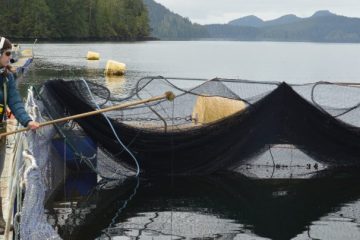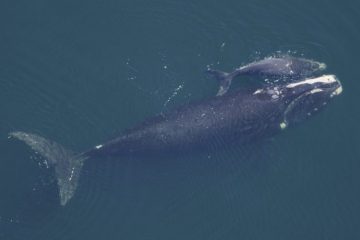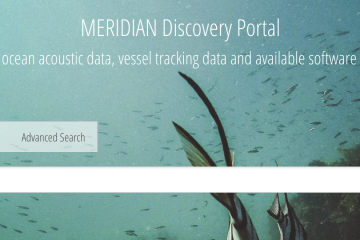The recently established Canadian Integrated Ocean Observing System/Système Intégré d’Observation des Océans du Canada (CIOOS/SIOOC) is a national effort to facilitate the knowledge exchange in ocean sciences and to make oceanographic data from various public, private and academic stakeholders discoverable and accessible to the end-user. It is an initiative that is jointly funded by Fisheries and Oceans Canada (DFO) and the Marine Environmental, Observation, Prediction and Response Network (MEOPAR).
In it’s pilot phase (2018 – 2020) CIOOS/SIOOC established three regional associations (RA); Pacific, St. Lawrence, and Atlantic, that will each build a data infrastructure in collaboration with their regional data providers and users. A national, centralized, open and web-based platform will aggregate the regionally managed ocean data, supporting a one-stop-shop approach to the discovery and access of information for ocean related research and decision making. Interoperability with international standards and organisations is an important aspect of the CIOOS/SIOOC initiative and will enable contributions to the global effort of better understanding the ocean, it’s issues and interactions with other earth systems.
In order for the RA’s to mutually agree on metadata best practises and a standard that is contributing to CIOOS/SIOOC’s initial Essential Ocean Variables (EOV) being FAIR compliant, the Metadata Working Group was established in early 2019. One of the main working group deliverables will be the development of a metadata profile that is based on ISO 19115 and sufficiently describes all relevant aspects of the EOV. In addition, topics including controlled vocabularies, persistent identifiers, granularity, quality control, workflows and tools will be addressed and recommendations formulated. Besides CIOOS/SIOOC partners including Ocean Networks Canada, St. Lawrence Global Observatory, Ocean Tracking Network, Ocean Frontier Institute, OTN/MEOPAR Glider Program, and the Hakai Institute, non-CIOOS/SIOOC stakeholders such as MERIDIAN and Fisheries and Oceans Canada, have been invited to contribute to the metadata working group. This measure will ensure that the decisions made and recommendations suggested are consistent, agreeable and compliant with other Canadian members of the ocean community. Even though passive acoustic data are not part of the initial set of CIOOS/SIOOC EOVs, we, as in MERIDIAN, appreciate the opportunity and hope that we can pave the way for a smooth integration of acoustic data at a later stage.


